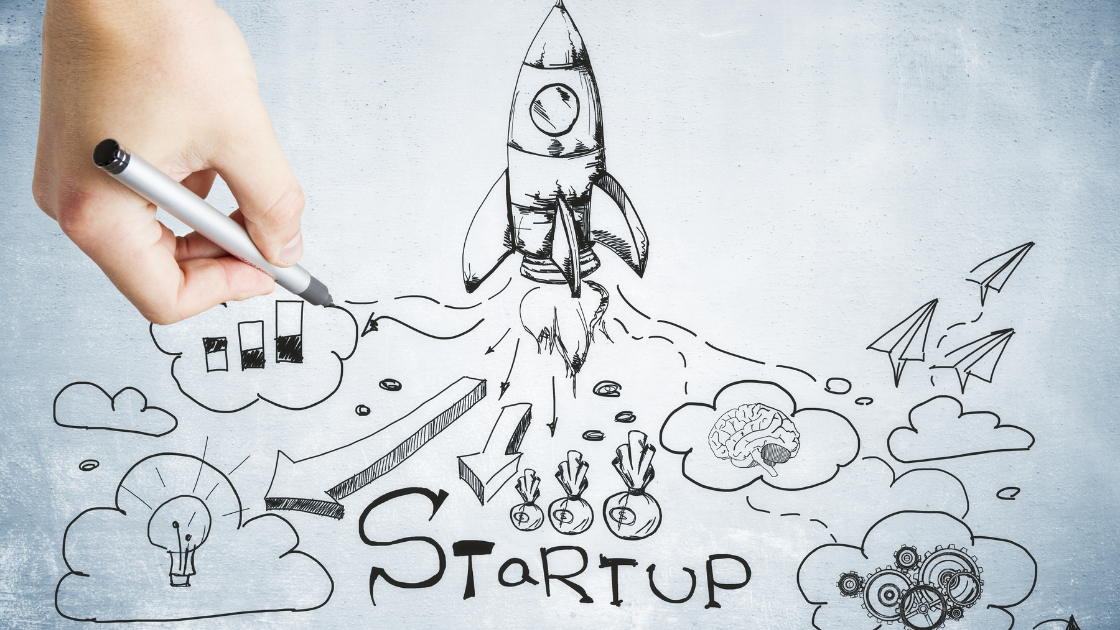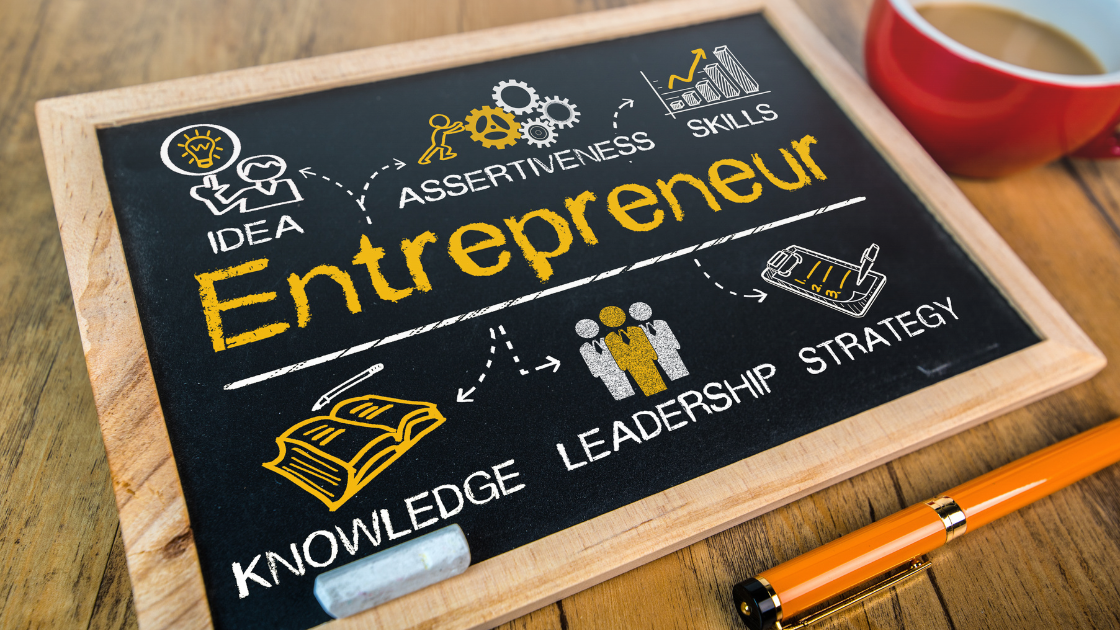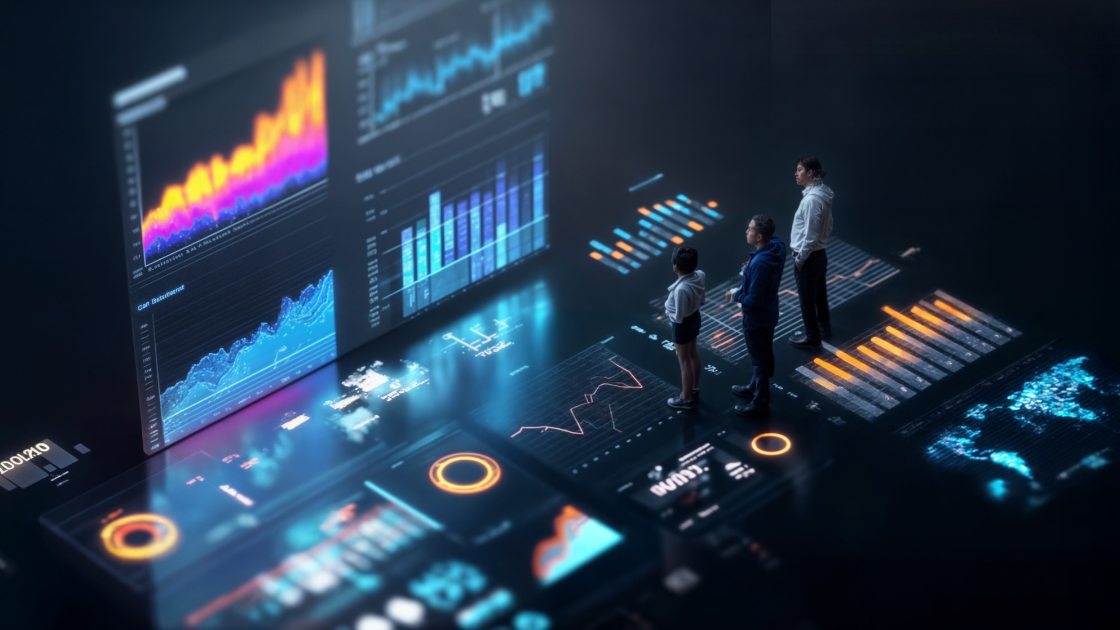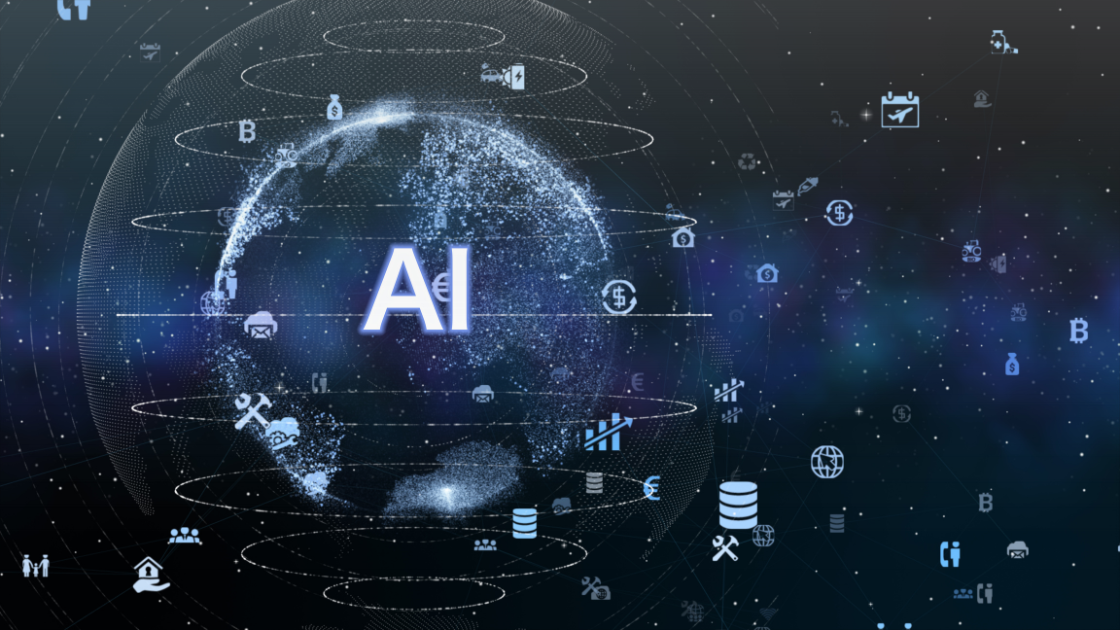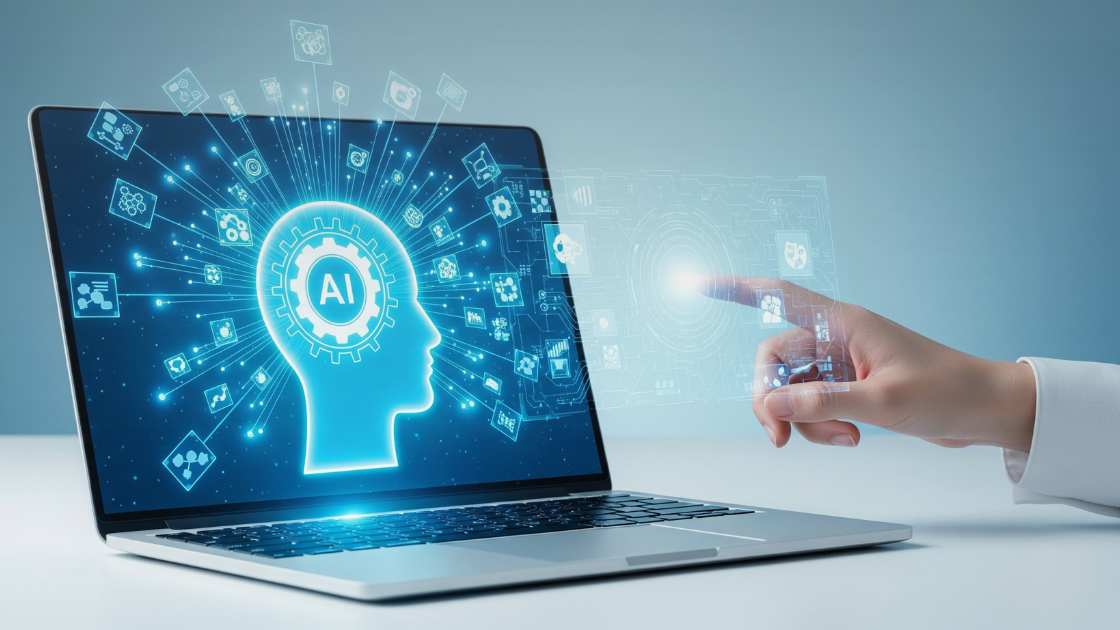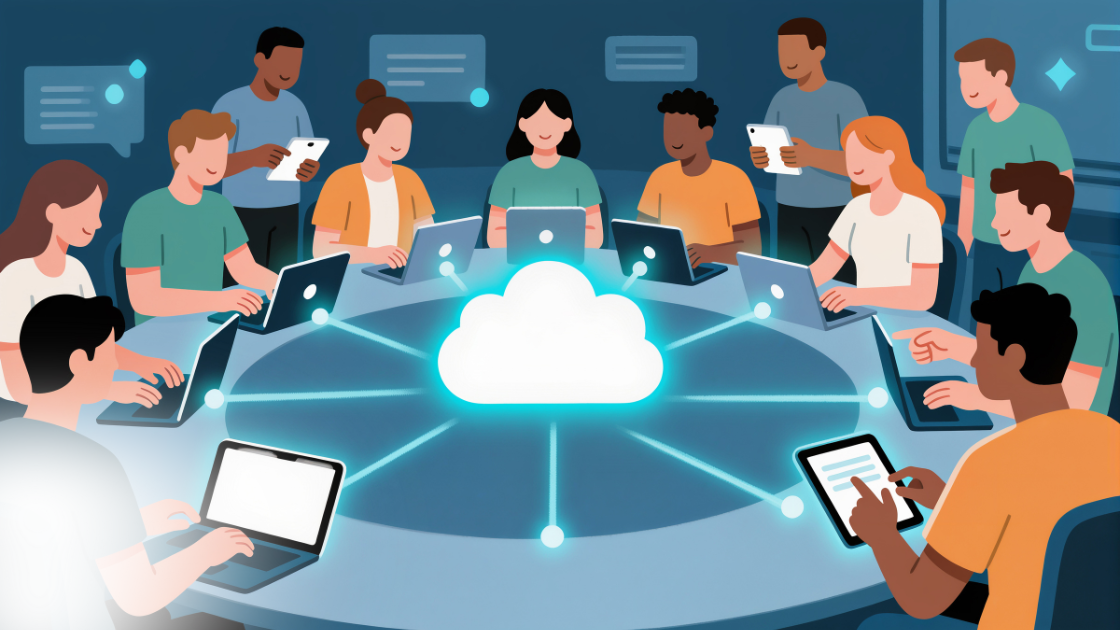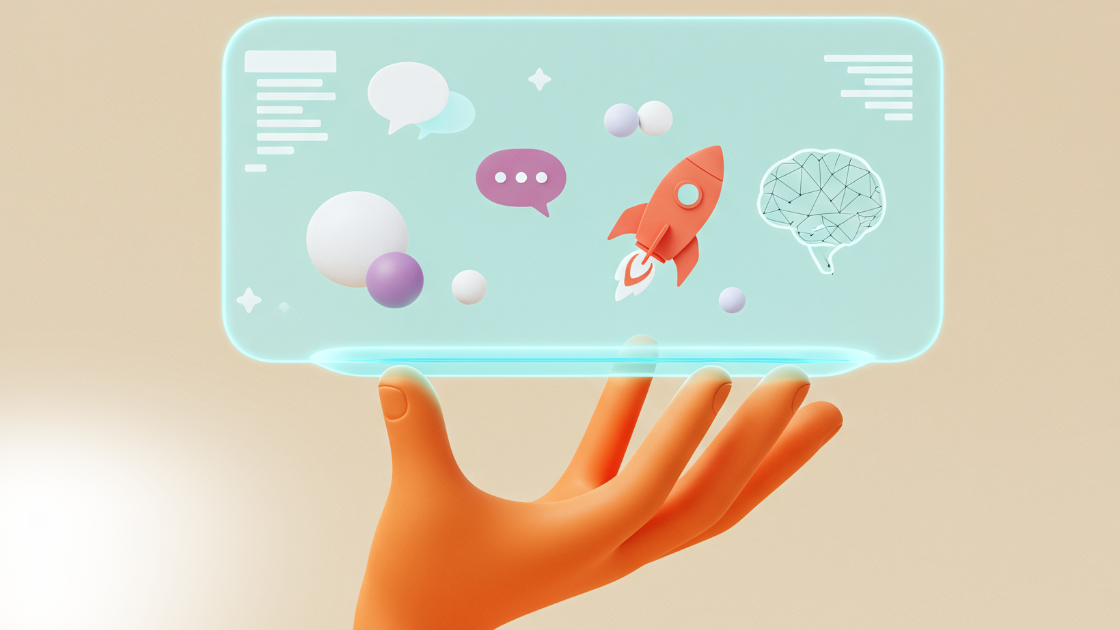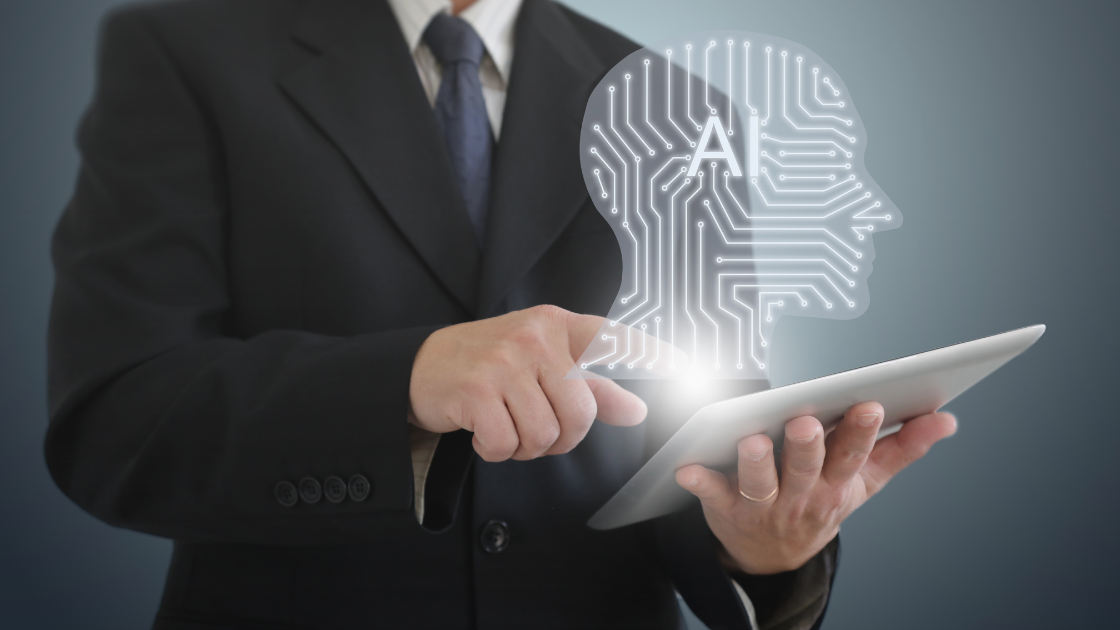Zeeshan Hayat – The Future of Work: How AI Will Change Jobs, Leadership, and Business Strategies Forever
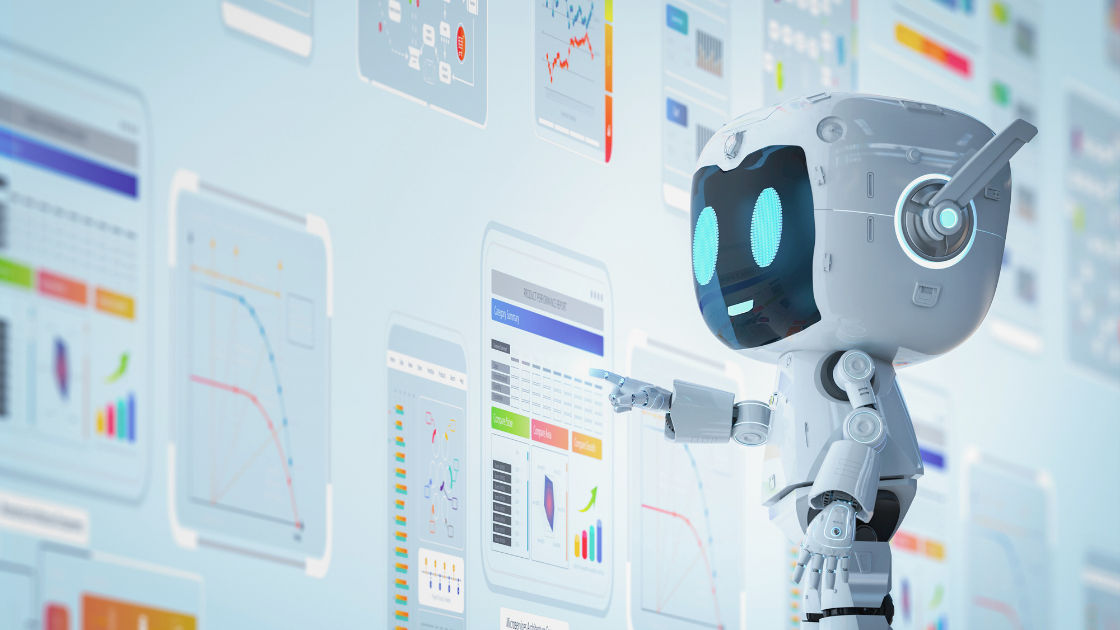
Artificial Intelligence (AI) is no longer a distant possibility—it is here, actively reshaping how we work, lead, and compete. Businesses across industries are integrating AI into daily operations, while employees are learning to collaborate with machines that analyze data, automate tasks, and make predictions. This shift represents more than a technological upgrade; it is a transformation of the very structure of work, leadership, and strategy. The future of work will be defined by how well people and organizations adapt to this AI-driven reality.
Redefining Jobs in the Age of AI
One of the biggest questions surrounding AI is how it will impact jobs. While automation will replace certain repetitive or manual tasks, it also creates new opportunities. Roles in data analysis, AI system training, ethics, and digital strategy are emerging at a rapid pace. For many workers, AI will serve as an assistant rather than a replacement—taking over routine tasks so people can focus on creativity, problem-solving, and human interaction. In this sense, the future of work is not about fewer jobs but about different jobs, requiring a new set of skills and adaptability.
Upskilling and Reskilling the Workforce
As AI continues to evolve, so must the workforce. Companies will need to invest heavily in upskilling and reskilling programs to prepare employees for roles that demand critical thinking, digital literacy, and emotional intelligence. Soft skills such as communication, leadership, and adaptability will become even more valuable in an AI-powered workplace. The organizations that thrive will be those that see workforce development not as an optional investment but as a core business strategy.
Leadership in an AI-Driven World
The role of leadership will also undergo profound change. Traditional top-down management styles will give way to more agile, collaborative models where leaders act as facilitators between humans and machines. Leaders will need to understand AI not just as a tool but as a strategic partner that influences decision-making, customer engagement, and innovation. Ethical leadership will also rise in importance, as executives must ensure that AI is deployed responsibly, fairly, and transparently to maintain trust with employees, customers, and society.
Business Strategies Reinvented
AI is rewriting the playbook for business strategy. Data-driven insights are replacing intuition as the foundation for planning and decision-making. Companies are using AI to forecast demand, personalize marketing, optimize supply chains, and manage risks. Strategic agility will become essential, as AI allows businesses to respond quickly to market shifts and customer needs. Instead of long-term static strategies, organizations will rely on dynamic, real-time approaches powered by continuous streams of data and AI analysis.
Human-AI Collaboration as the Norm
The future workplace will be defined by collaboration between humans and intelligent machines. AI will handle repetitive processes such as data processing, scheduling, and compliance monitoring, while humans bring creativity, empathy, and ethical judgment to the table. This partnership will lead to greater productivity and innovation, but it also requires a cultural shift. Organizations must foster environments where employees view AI as a complement to their skills rather than a competitor.
Ethical and Social Considerations
With great power comes great responsibility, and AI is no exception. Questions of privacy, bias, and accountability are central to how AI will shape the future of work. Businesses must adopt clear ethical frameworks to ensure AI benefits everyone, not just a select few. Leaders must balance efficiency with fairness, ensuring that AI systems do not reinforce inequalities. Transparency, inclusivity, and accountability will be crucial for organizations aiming to build trust while integrating AI into their strategies.
The Global Impact on Workforces
AI’s influence is not limited to developed economies; it will reshape labor markets worldwide. Emerging economies may see faster adoption in industries such as agriculture, manufacturing, and logistics, where AI can significantly increase productivity. However, disparities in access to technology and education may widen the gap between countries and communities. Addressing this challenge requires global cooperation and investment in digital infrastructure, ensuring that the benefits of AI are shared more equitably.
Conclusion: Adapting to an AI Future
The future of work will be forever changed by Artificial Intelligence. Jobs will evolve, leadership will take on new responsibilities, and business strategies will become more agile and data-driven. AI is not about replacing people but about transforming the way people and technology work together. The organizations and individuals who embrace lifelong learning, ethical practices, and human-AI collaboration will lead the way. The future of work is not something to fear—it is an opportunity to redefine success, innovation, and purpose in an AI-driven world.
About The Hayats

